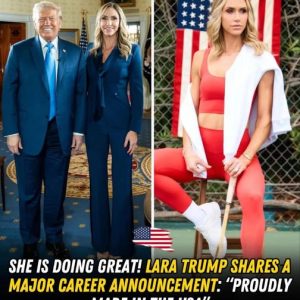Senator Adam Schiff (D‑CA) faces serious new accusations from a whistleblower, a former staffer on the House Intelligence Committee, who alleges Schiff authorized the leaking of classified information during the Trump–Russia investigation. According to recently declassified FBI interview summaries, the staffer claims Schiff convened a meeting where he urged the release of derogatory intelligence material about then‑President Trump to the media, with the intent of indicting him. The whistleblower reportedly objected, citing legality concerns, but says his objections were dismissed.
Legal experts have weighed in on the gravity of the allegations. Former U.S. Attorney Brett Tolman has stated that, if proven, such leaks could carry stiff fines and prison time—potentially even decades behind bars depending on the number and nature of documents involved. However, the controversy is complicated by legislative protections: the Speech or Debate Clause is often cited by defense attorneys to shield lawmakers from prosecution for actions taken in their official capacities.
Schiff has not responded in detail to the latest allegations. His office has previously denied similar claims, calling them politically motivated. Meanwhile, authorities have not announced any formal charges against him relating to these new leaks. The controversy has reignited debates around accountability, classified information oversight, and how far legal protections should extend to members of Congress.




